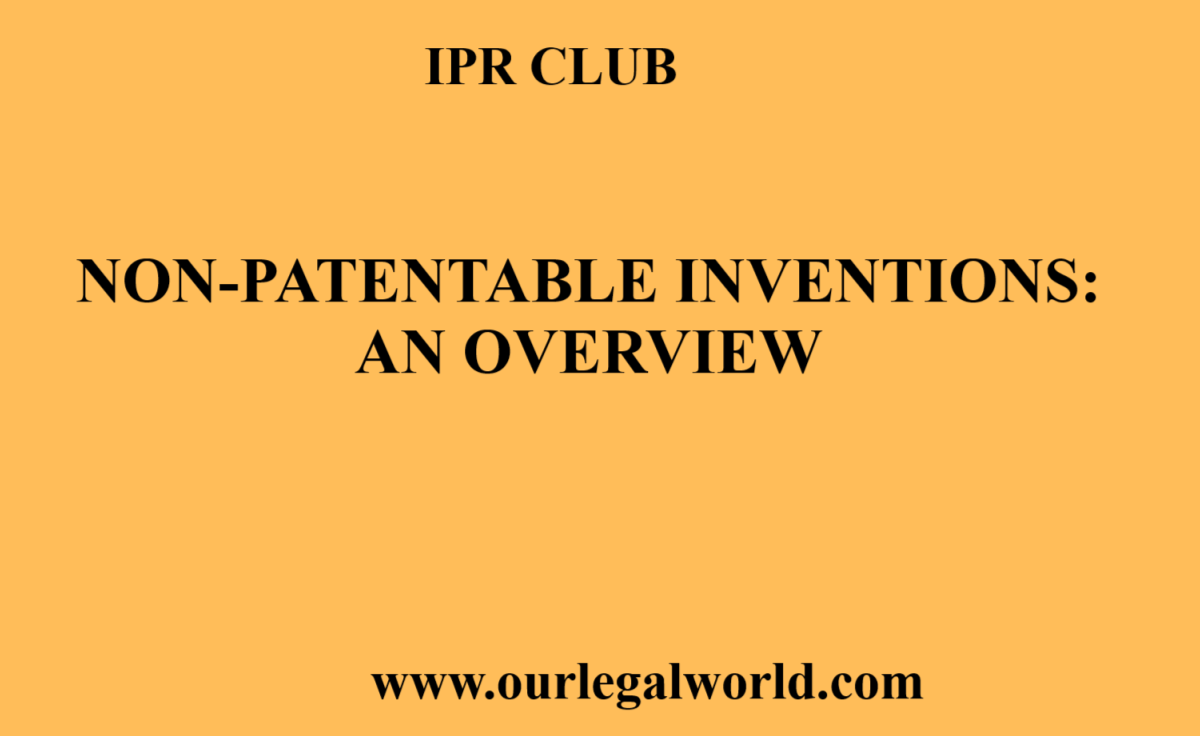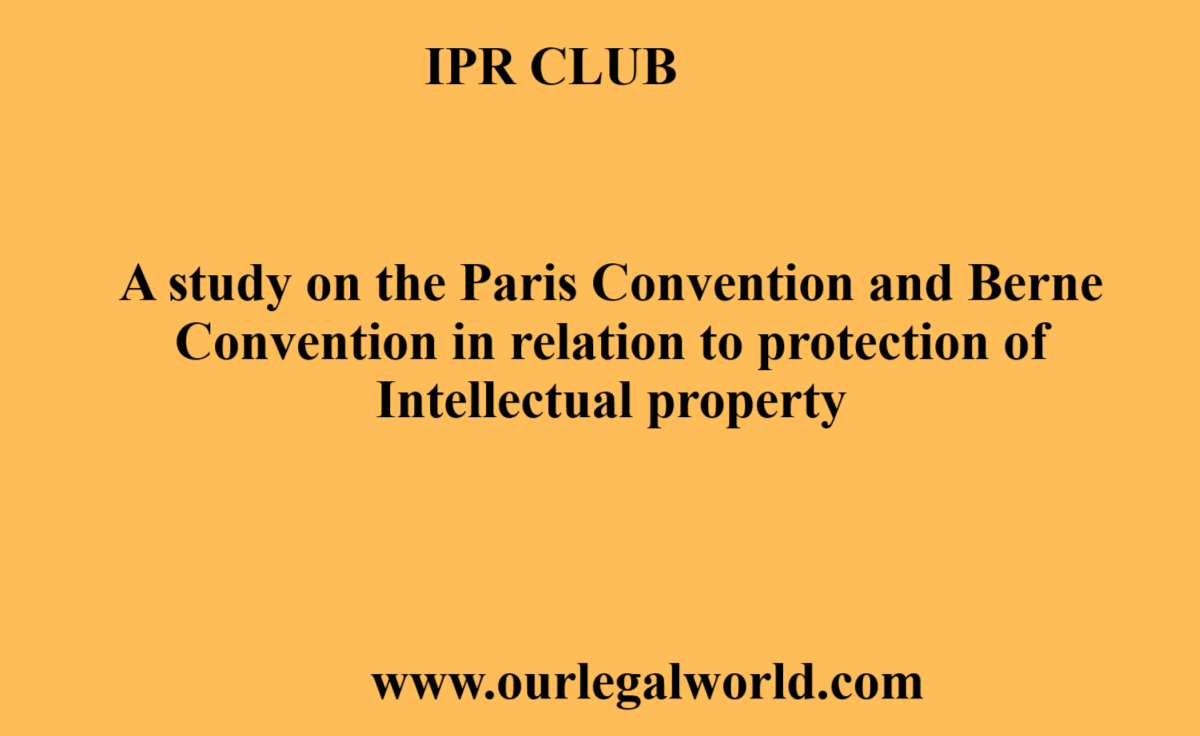B.K.Pavitra & Ors Vs. Union Of India & Ors
Petitioner: B.K. Pavitra & Ors.
Respondent: Union Of India & Ors.
Citation: (2017) 4 SCC 620
Decided on: 9th February,2017
Bench: Justice Uday Umesh Lalit, Justice Adarsh Kumar Goel
Court: The Supreme Court of India
Background
In this case, concerning the connection between reservations in advancements for schedule castes and schedule tribes and issues of status. The realities were that in 2002, the territory of Karnataka authorized a law specifying essentially that considerable status would follow upon the advancements of SCs/STs representatives. In accordance that if a reserved class worker for was (A) advanced before a progressively senior partner (B) by ideals of A having a place with the saved classification, at that point in the more significant level post, A would now be higher ranking than B even when inevitably, the last would get advanced too.
Facts of the case
- The Act accommodates award of significant rank to the government employees having a place with schedule castes and schedule tribes advanced under reservation strategy. It likewise shields noteworthy rank previously agreed from 27th April, 1978 onwards.
- The legitimacy of Act was tested under the watchful eye of this Court by method of writ petition (civil) No.61 of 2002 named M. Nagaraj vs. Association of India. [i]
- The appeal was reassigned by high court as writ petition (civil) no.14672 of 2010. The high court by the condemned verdict has held the Act to be legitimate.
- It will be fitting to see the verifiable network pertinent to decide the discussion. The strategy of reservation in advancement was presented in the state of Karnataka vide government order dated 27th April, 1978.
Issues Raised
- Regardless if the legitimacy Karnataka determination of seniority of government employers who are promoted on basis of Reservation Act, 2002.
- Regardless if state government has indicated the convincing reasons, to be specific, backwardness, deficiency of portrayal and regulatory effectiveness before making arrangement for booking for schedule castes and schedule tribes in issues of advancement and with respect to whether the degree of reservation given to advancement for the people having a place with scheduled castes is defended.
Petitioner’s Argument
- As per the petitioner, the SCs/STs got advancement early and by virtue of significant rank, level of SCs/STs was a lot higher than the allowed rate and every single top position were probably going to be topped off by SCs/STs competitors without general legitimacy getting to higher positions.
- The court applying the levels set down in the Ajit Singh Januja vs. State of Punjab and R.K. Sabharwal vs. State of Punjab gave a course to state of Karnataka to again try the rank and make further move in the light of the said settlement. [ii] [iii]
- The general legitimacy promotee would arrive at the third level just at 56 years old and resign before arriving at the fourth level. This would bring about opposite segregation and portrayal of saved class would extend between 36% to 100%.
- The conflict raised for the benefit of petitioner was that award of considerable rank for advanced by method of reservation influenced effectiveness of organization and was violate article14 and article16.
- The stand of petitioner that SCs/STs competitors arrive at level four at 45 years or become chief engineers by 49 years or there is converse segregation has been denied
Respondent’s Argument
- The accommodation for the benefit of state was that booking to SCs and STs to the degree of 15% and 3% individually would never be supposed to be over the top taking into account dynamic increment in populace of SCs and STs.
- The 85th Amendment offered opportunity to state to accommodate reservation in advancement with significant position under article 16 if backwardness, deficiency of portrayal and overall effectiveness was justified.
- If the state neglects to recognize and quantify the over three factors, the booking can be invalid.
- Since reservation had not surpassed 15% and 3% for SCs and STs while populace of the said classes had expanded, there was satisfactory thought of the over three variables of backwardness, deficiency of portrayal and overall effectiveness.
Judgement
The court received a respectful disposition towards the state’s assortment of information, and its deductions from the information it had gathered. The explanation behind this is that the motivation behind the activity was for the governing body to have the option to successfully propel the established objective of considerable fairness. As it was the court perceived the significant point that protected objectives are to be progressed by every one of the three wings of state, and that in various settings, the essential obligation regarding that lies upon various wings.
In the particular instance of reservations, that obligation has been set upon the assembly. Thus, in the space of reservations, the Court would just survey the State’s emotional fulfillment on the respectful limit of levelheadedness and non-discretion. This rule of concession won’t have any significant bearing to each circumstance where a law is tested and state conjures information assortment and examination to legitimize itself. For a situation where for instance the test is based on an infringement of social liberties, court may well choose for adopt on a more interventionist strategy to the dependability of information. In the particular setting of reservations, however, given the sacred content, and the away from of state, this the court’s methodology has a lot to suggest it.
By re-establishing the law that had been held to be illegal, and doing it retroactively for sure. It was contended that the bill had been wrongly sent for presidential consent. It was contended that the investigation based on which the law was passed was imperfect. It was contended that the law was unlawful on the grounds that it neglected to reject the smooth layer. The court basically orchestrated and rehashed existing law peruses keen regarding the matter may peruse the judgment for a reasonable and clear piece of the standards.
Critical Analysis
The idea of proficiency with assorted variety of portrayal and comprehensiveness. In any situation the protected idea of productivity fell prey to the liberal excitement of perusing in broad ideas of decent variety and comprehensiveness in all structures. In my perspective, this re-evaluation has minimal hypothetical or legitimate premise as assorted variety and equivalent portrayal can’t be conflated with productivity. It might be noticed that the benchmark for decreeing people across areas, can be of subjective or quantitative nature or a blend of both. The truth to be told the over dependence on subjective benchmarks in making a decision about legitimacy in the public eye, as looked to be propounded in the case, frequently prompts propagation of classes and prevents social versatility.
It very well may be contended that it was the over dependence on subjective benchmarks that propagated the position framework and still sustains nepotism in the legal framework. The subjectivity and prudence empowers immaterial and unquantifiable components which sustain nepotism in different structures. It is the modernization of frameworks that has helped us move from a significantly subjective to significantly quantitative instrument of declaring merit, which has been an impetus for social versatility across fields. Consequently, productivity and quantitatively perceptible legitimacy go connected at the heap, and any separation for the sake of comprehensiveness of meaningful uniformity is really a stage in reverse.
In the case, inspite of the sentiment in Jarnail being new in the brains of everybody, the Court held that the idea of smooth layer has no significance to the award of important rank.It might be noticed that significant status has no importance without the setting of reservation in advancements and the subjective prohibition is a vital prerequisite for any booking in advancement establishment to be article 14 and article 16 agreeable. The unmitigated exceed of the proportion of Jarnail Singh’s by expressing that this case is restricted to important status is only crafty.[iv]
[i] AIR 2007 SC 71
[ii] AIR 1996 SC 1189
[iii] AIR 1995 SC 1371 (1995) 2 SCC 745
[iv] AIR 2018 10 SCC 396
References
- https://indiankanoon.org/doc/
- https://www.scobserver.in/court-in-review/reservation-in-promotion
- www.scconline.com
- www.casemine.com
Also Read:
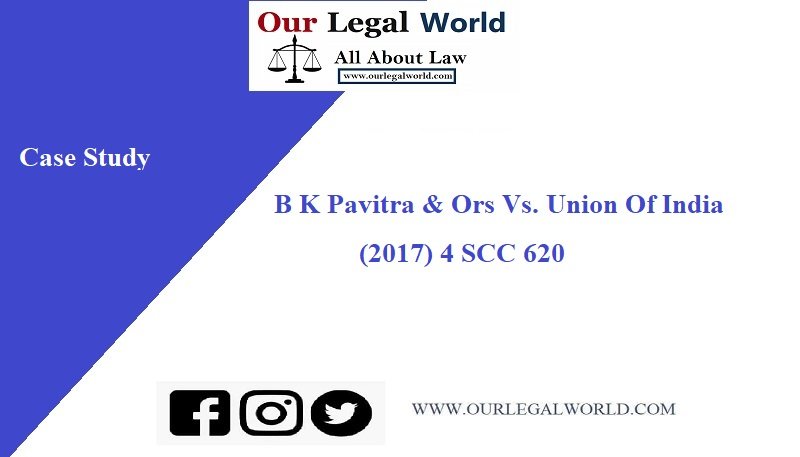


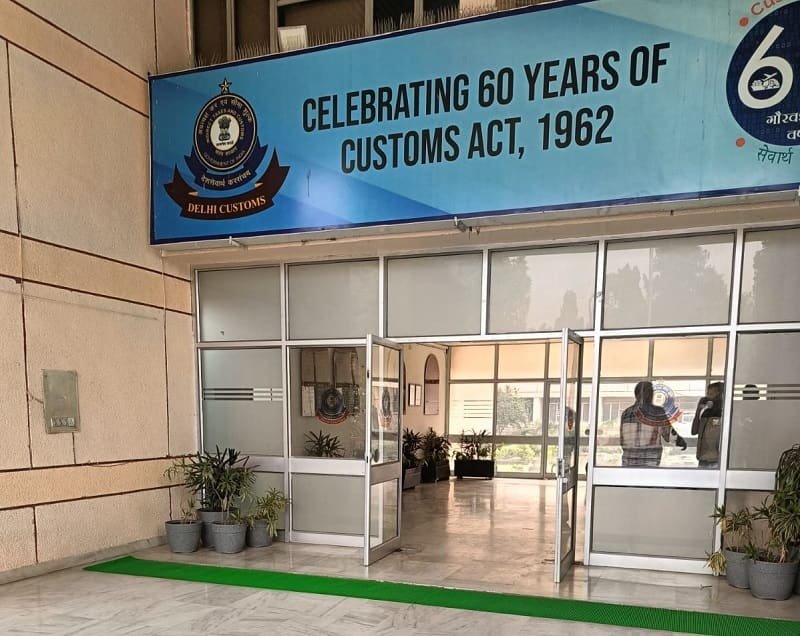
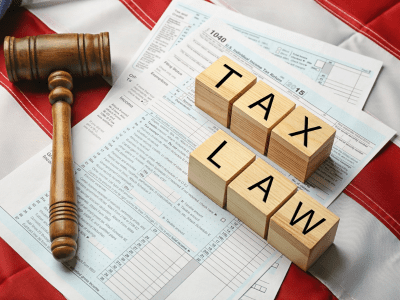
![Jamia Hamdard Mediation Competition 2025 at School of Law, HILSR [21st February 2025]](https://ourlegalworld.com/wp-content/uploads/2024/12/Screenshot-11-min-1.png)
